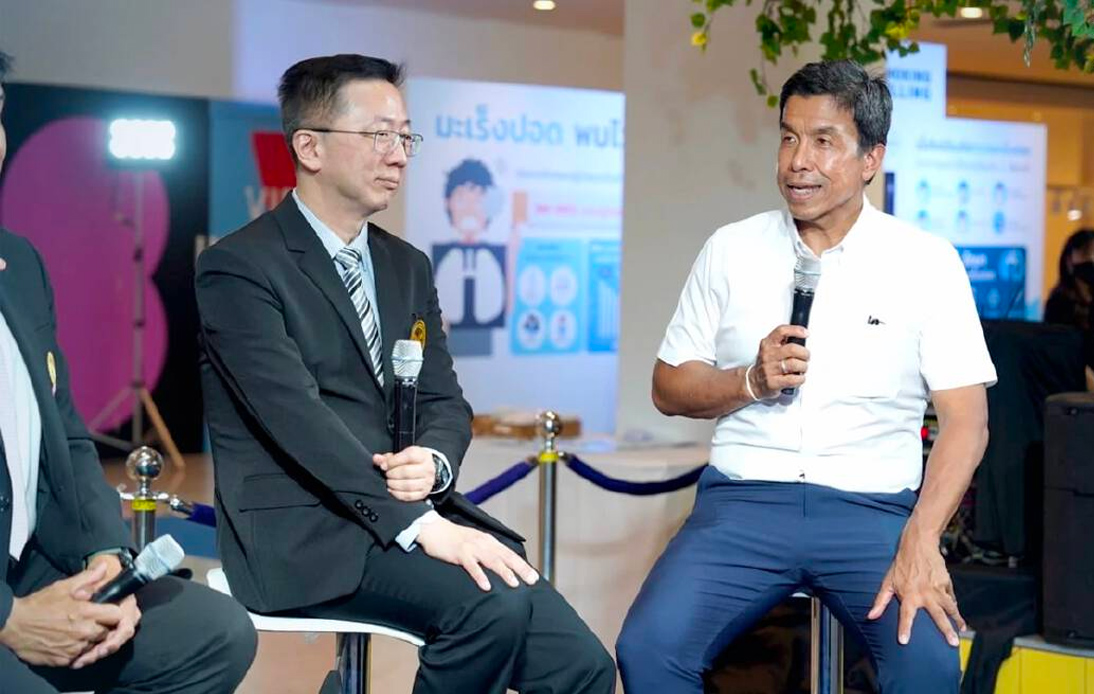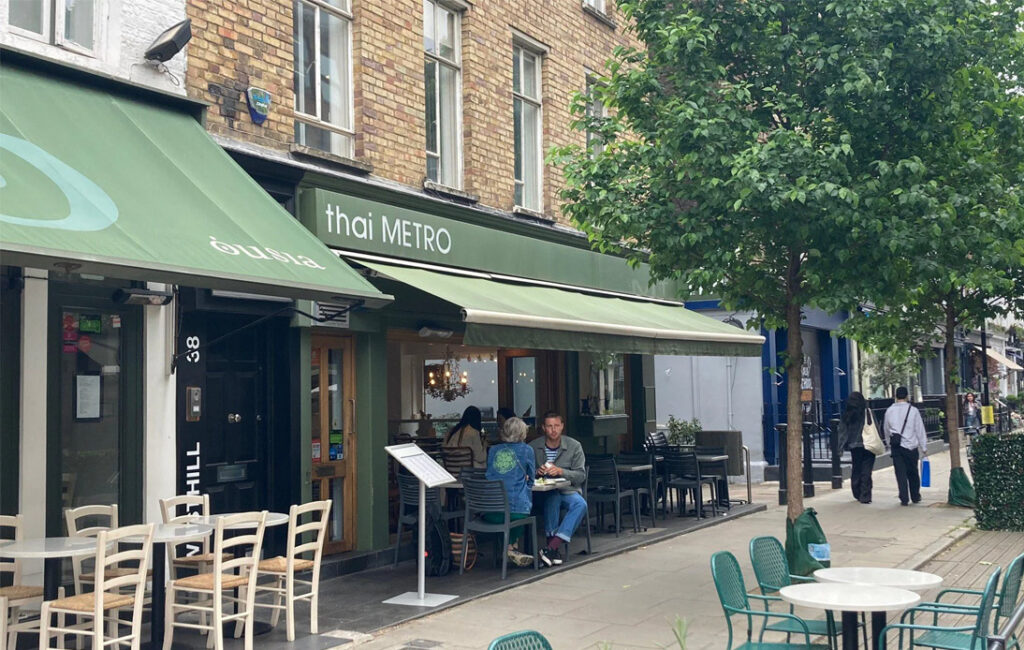
Bangkok Governor, Chadchart Sittipunt, firmly affirmed his commitment to safeguard the city’s residents from the harmful effects of passive smoking, emphasizing his resolve to ensure strict enforcement of all anti-smoking and tobacco control laws.
His comments came during a media briefing, following his participation in events facilitated by the Thai Society of Clinical Oncology and the Lung and Me Digital Solution, which were held at CentralWorld on Saturday.
The commemoration of World No Tobacco Day takes place annually on May 31st.
“What I worry about the most is second-hand smoke. This affects non-smokers who are also in the area near smokers. This passive smoking has killed some million people,” he stated, referring to data provided by the World Health Organisation (WHO).
“It’s BMA’s duty to protect these innocent people by educating them and by enforcing the tobacco control law, which prohibits smoking in several areas. We must seriously enforce the law.”
The governor shared his personal conviction that the era of smoking has concluded.
“Smoking and vaping are no longer cool. Those who take care of themselves and look after their health are cool. Cool people must think about the persons they love and society,” expressed Chadchart.
He further disclosed that the Bangkok Metropolitan Administration (BMA) has established 39 clinics under the banner “Fah Sai” (Blue Sky) dedicated to assisting individuals in giving up smoking.
“Actually, every day should be World No Tobacco Day. May 31 should only remind people of the dangers of smoking,” Chadchart mentioned.
When questioned about coping mechanisms for stress and tension, he suggested that physical exercise is a healthier alternative to inhaling smoke.
Chadchart compared tobacco smoke to other forms of environmental pollutants such as emissions from industrial units, vehicular exhaust, and the burning of agricultural waste.
He conveyed that the BMA is striving to minimize air pollution by promoting the use of public transportation, overseeing factory emissions, and persuading farmers against the burning of agricultural residues.
However, he emphasized that the BMA’s power is limited to enforcing strict laws to reduce second-hand smoke, while the decision to quit smoking is largely up to the individual.
As per a survey conducted in 2022 by the United Nations, the WHO, and the Public Health Ministry, approximately 6,000 individuals in Thailand died from second-hand smoke annually.
The survey additionally revealed that nearly 23.7% of smokers in Thailand smoke at home, thereby posing a risk to their family members.
Second-hand smoke is composed of over 4,000 toxins deemed harmful to health, with 50 identified as carcinogens.
The WHO stated passive smoking results in approximately 1.2 million deaths worldwide every year, with around 65,000 being children.





















